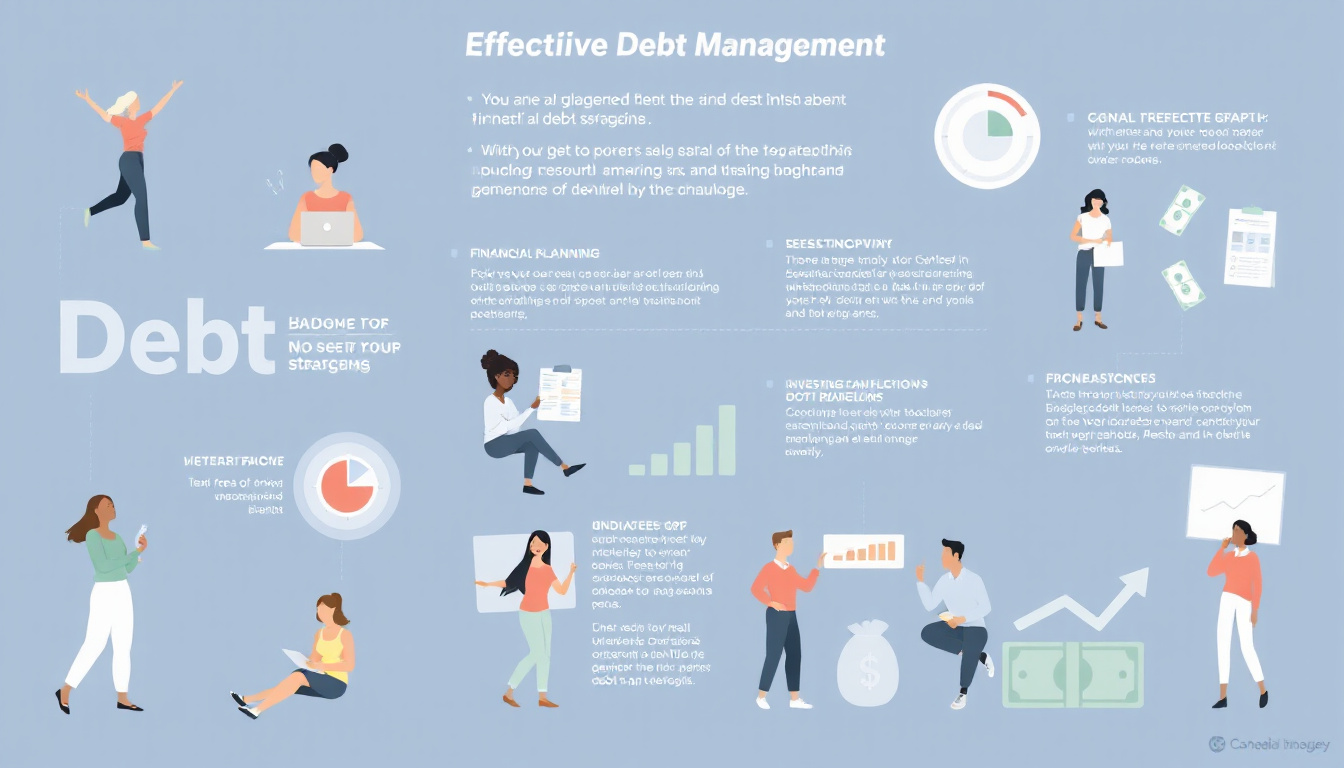Navigating Debt Relief: Can You Consolidate Your Debt Multiple Times for a Fresh Start?
Debt can be a heavy burden, and many Canadians find themselves seeking ways to manage or eliminate it. One popular option for dealing with multiple debts is consolidation, which involves combining various debts into a single loan. But a common question arises: ‘Can I consolidate debt multiple times?’ In this comprehensive guide, we will explore how debt consolidation works, the benefits and risks associated with consolidating your debts multiple times, and effective strategies for managing your finances beyond consolidation. Whether you’re grappling with credit card debt or personal loans, understanding these concepts can provide you with the knowledge and tools needed to achieve a fresh financial start.

Key Takeaways
- Debt consolidation allows you to combine multiple debts into a single loan, simplifying payments.
- You can consolidate your debt multiple times, but it may impact your credit score and financial standing.
- Repeated consolidations could lead to higher interest rates or fees, making your debt situation worse.
- It’s crucial to understand the benefits and risks before opting for multiple consolidations.
- Beyond consolidation, effective debt management strategies include budgeting, increasing income, and seeking financial counseling.
Understanding Debt Consolidation: How It Works
Understanding debt consolidation is essential for anyone seeking to improve their financial situation. Debt consolidation involves combining multiple debts into a single loan, usually at a lower interest rate, allowing you to simplify your monthly payments and potentially save money in the long run. A common question among Canadians exploring this option is, ‘Can I consolidate debt multiple times?’ The answer is yes; however, it’s important to evaluate your financial stability and creditworthiness each time you consider consolidating. Frequent consolidations can impact your credit score and may indicate underlying financial issues. Therefore, before proceeding, assess your overall debt management strategy and consult with a financial advisor to ensure that repeating the consolidation process aligns with your long-term financial goals.
The Benefits and Risks of Multiple Consolidations
When exploring debt management strategies, many Canadians may wonder, ‘Can I consolidate debt multiple times?’ The answer is yes, but it comes with both benefits and risks. Consolidating debt allows individuals to combine multiple loans or credit card balances into a single, more manageable payment, often at a lower interest rate. This can simplify monthly budgeting and potentially reduce overall interest payments, providing a clearer path towards financial stability. However, repeatedly consolidating debt can lead to a cycle where individuals accumulate more debt. If new debts are taken on before the old ones are paid off, this can exacerbate financial difficulties. Additionally, multiple consolidations may impact credit scores and could also come with various fees or higher interest rates as lenders assess the risk of a borrower with a history of frequent consolidations. Therefore, while the option to consolidate multiple times exists, careful consideration and a solid financial plan are essential to ensure that it contributes positively to your debt relief journey.
‘It’s not how much money you make, but how much you keep that matters.’ – Robert Kiyosaki

Strategies for Effective Debt Management Beyond Consolidation
When considering effective strategies for debt management, one question that often arises is, ‘Can I consolidate debt multiple times?’ The simple answer is yes, you can consolidate your debt more than once; however, doing so requires careful planning and consideration. Each time you consolidate, it’s crucial to evaluate the terms of the new loan and ensure that it offers more favorable conditions than your previous debts. For Canadians facing multiple debts, consolidation can simplify payments and potentially lower interest rates, but it also comes with risks. Over-relying on debt consolidation can lead to a cycle of borrowing that may not address the underlying issues of overspending or insufficient income. To effectively manage debt beyond simply consolidating, consider strategies like creating a detailed budget, increasing your income through side jobs, or seeking credit counseling. Planning a long-term financial strategy is essential to regain control over your finances and make informed decisions about consolidating debt multiple times.
